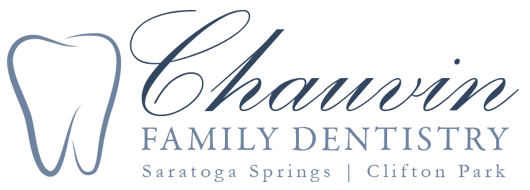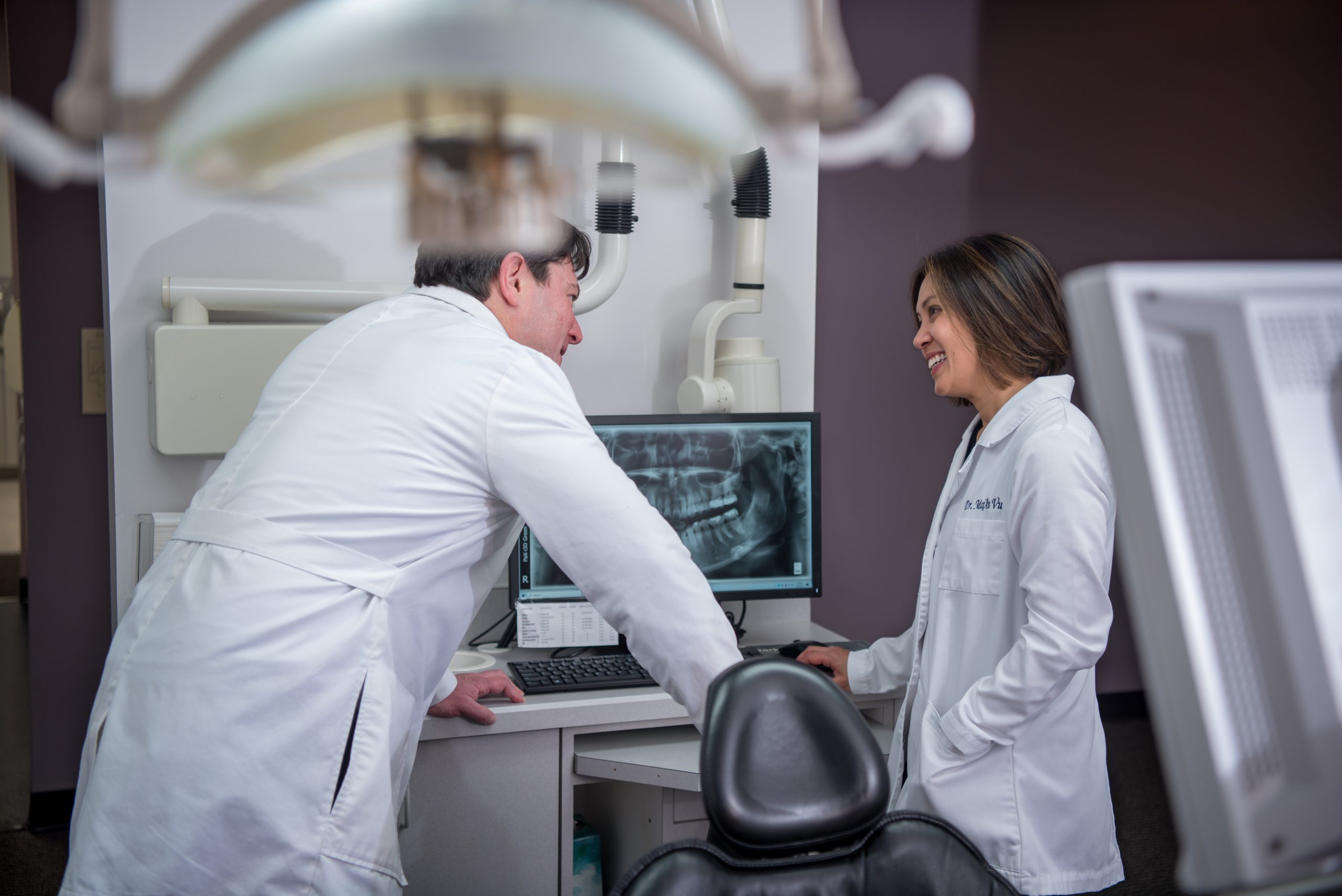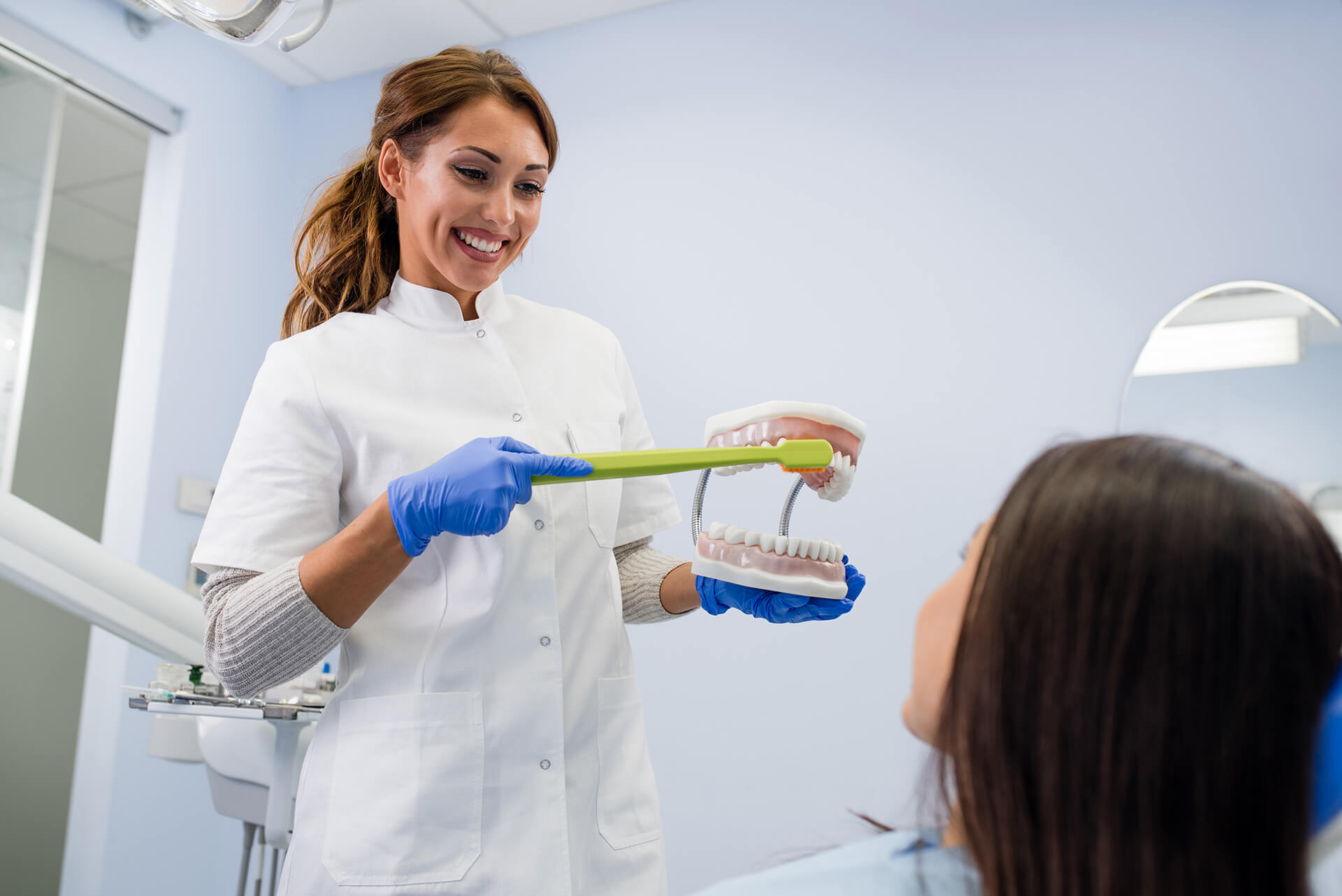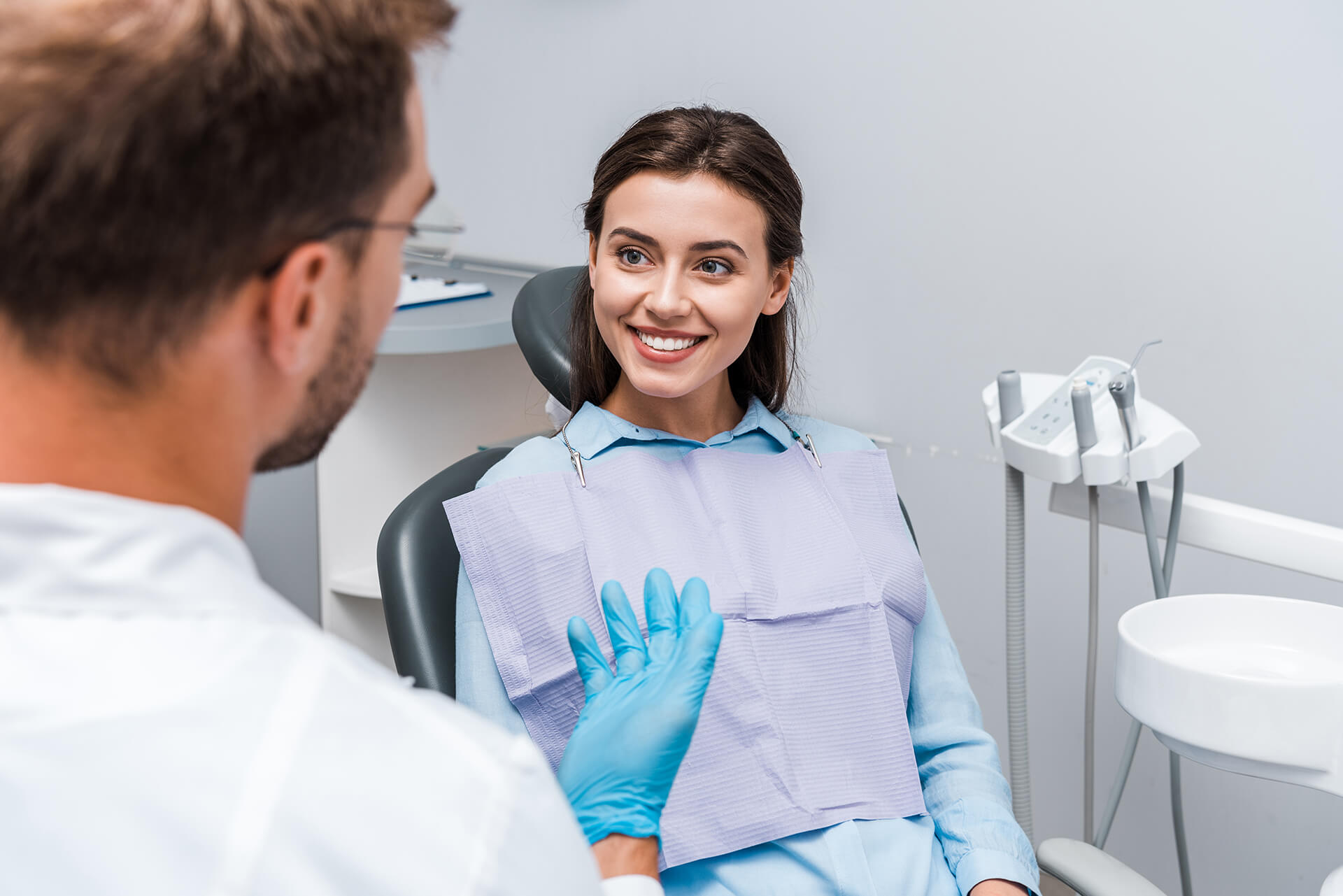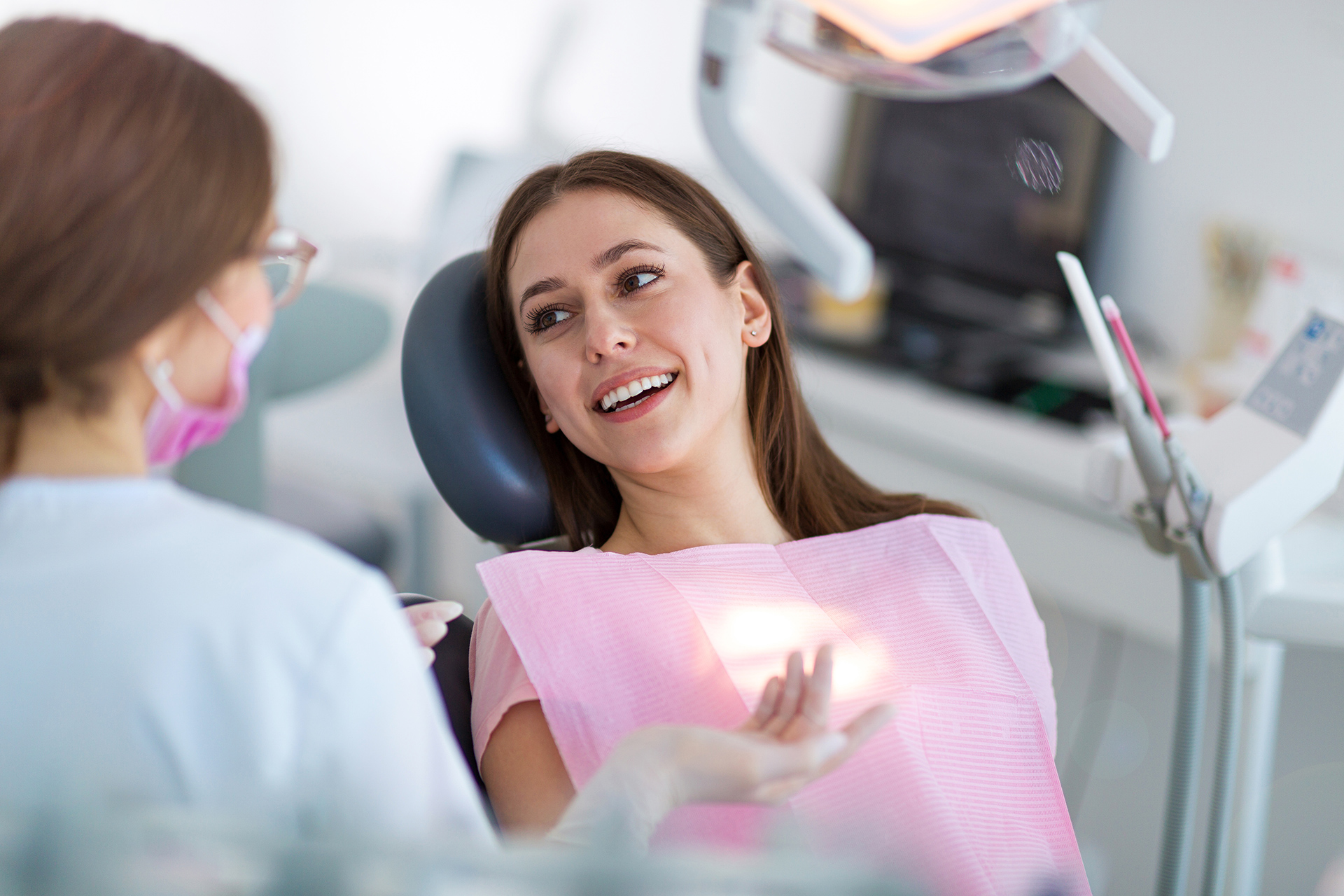Dental X-rays are typically performed yearly. They can happen more often if your dentist is tracking the progress of a dental problem or treatment.
Factors affecting how often you get dental X-rays may include:
Your age, current oral health, symptoms of oral disease, history of gum disease (gingivitis) or tooth decay. If you’re a new patient, you’ll probably undergo dental X-rays so that your new dentist can get a clear picture of your dental health. This is especially important if you don’t have any X-rays from your previous dentist. Children may need to have dental X-rays more often than adults because their dentists might need to monitor the growth of their adult teeth. This is important because it can help the dentist determine if baby teeth need to be pulled to prevent complications, such as adult teeth growing in behind baby teeth.
There are several types of dental X-rays, which record slightly different views of your mouth. Bitewings are the most common X-rays, which are used to check for cavities between teeth (interdental).
A Panoramic X-ray is used to check your wisdom teeth, plan for implanted dental devices, or investigate jaw problems.
A Periapical X-ray focuses on two complete teeth from root to crown.
Some people wonder if dental radiographs are safe because they expose the patient to radiation. Several factors and practices work together to make dental radiography safe. The amount of radiation used to obtain dental radiographs is very small. For example, bitewing radiographs—two to four images of the back teeth—expose a patient to about 0.005 millisieverts (mSv) of radiation (a millisievert is a unit of measure). By comparison, because radiation is part of our environment, people in the United States are exposed, on average, to 3.2 mSv every year from background sources of radiation.
Prevention is always better than cure. Brushing twice a day and flossing regularly can prevent tooth decay and lessen the need for X-rays. Getting dental X-rays are an important tool to detect tooth decay and other dental problems as early as possible, saving you both money and pain and keeping your smile bright!
